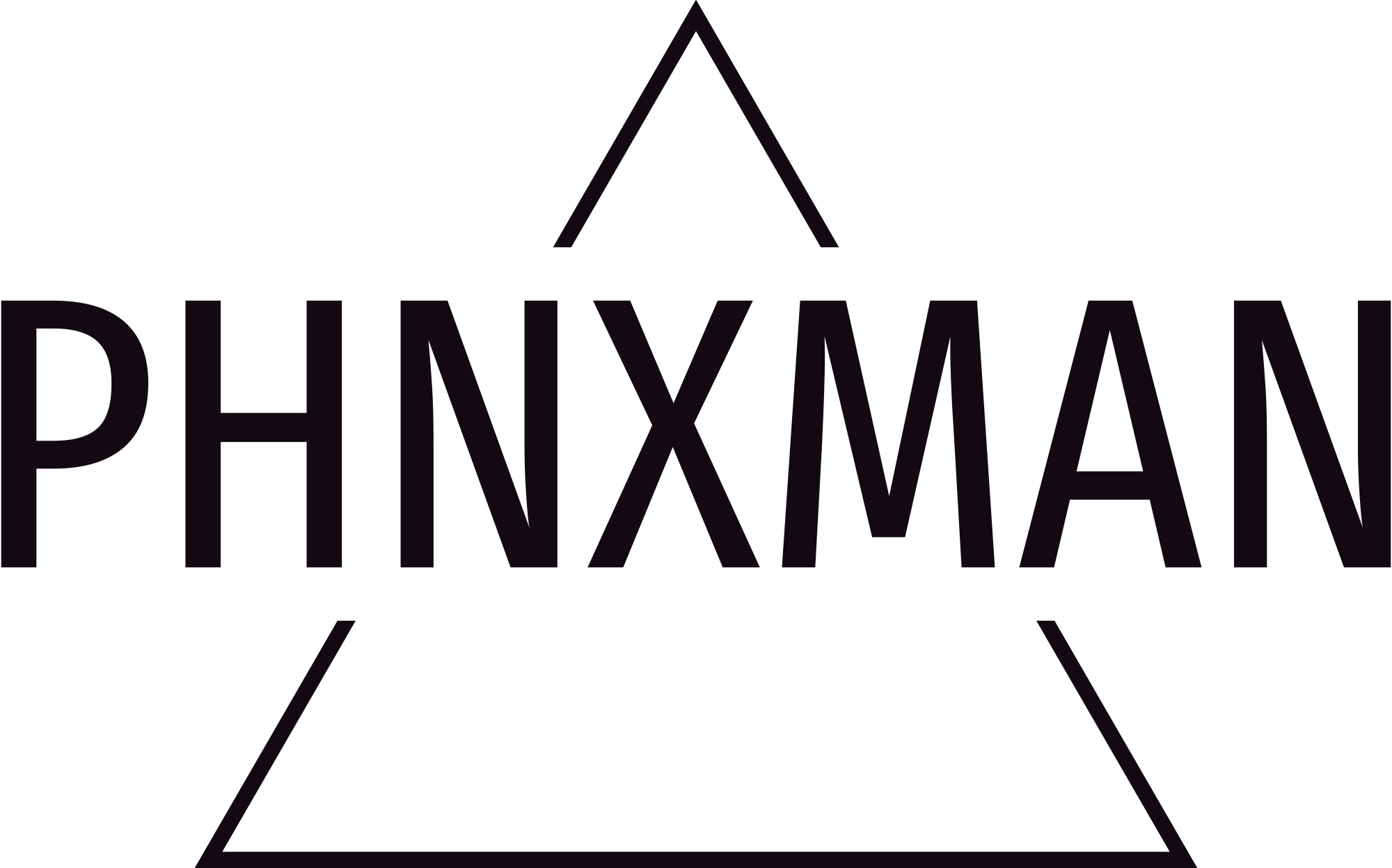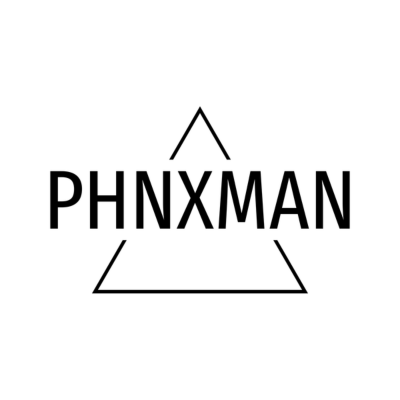Self-discovery is a journey of introspection that leads to a deeper understanding of oneself. It is a process of exploring your beliefs, values, strengths, weaknesses, and emotions to gain insight into your identity and purpose. Self-discovery can be a challenging and rewarding experience that can help you grow as a person and achieve your goals.
The journey of self-discovery is a lifelong process that involves self-reflection, self-awareness, and self-improvement. It requires you to be honest with yourself and willing to confront your fears, doubts, and insecurities. Through self-discovery, you can learn to identify your passions, interests, and talents, and use them to create a fulfilling life.
Understanding the importance of self-discovery is essential for personal growth and development. It can help you make better decisions, improve your relationships, and find meaning and purpose in your life. By exploring your identity and emotions, you can gain a deeper understanding of yourself and others, and develop empathy, compassion, and resilience.
Key Takeaways
- Self-discovery is a journey of introspection that leads to a deeper understanding of oneself.
- The journey of self-discovery is a lifelong process that involves self-reflection, self-awareness, and self-improvement.
- Understanding the importance of self-discovery is essential for personal growth and development.
Understanding Self-Discovery
Self-discovery is a process of introspection, self-reflection, and exploration that helps you gain a deeper understanding of yourself. According to the dictionary, self-discovery is defined as "the process of acquiring insight into one's own character." In psychology, self-discovery is seen as a crucial step in personal growth, leading to greater self-awareness, self-acceptance, and self-confidence.
To embark on the journey of self-discovery, you must first be willing to look inward and examine your thoughts, feelings, and behaviors. This requires a certain level of vulnerability and honesty with yourself. You may need to confront uncomfortable truths about yourself, but ultimately, this process can lead to greater self-awareness and personal growth.
Self-discovery can take many forms, including journaling, therapy, meditation, and self-reflection exercises. It's important to find the methods that work best for you and commit to them regularly. Over time, you may begin to notice patterns in your thoughts and behaviors that can help you identify your values, strengths, and weaknesses.
In summary, self-discovery is a process of introspection and self-reflection that can lead to greater self-awareness, self-acceptance, and personal growth. It requires a willingness to look inward and confront uncomfortable truths about yourself. By committing to the process of self-discovery, you can gain valuable insights into your character and develop greater self-confidence.
The Journey of Self-Discovery
Embarking on a journey of self-discovery can be a daunting task, but it can also be one of the most rewarding experiences of your life. It's a journey of exploration, self-reflection, and growth that can help you gain a deeper understanding of who you are and what you want out of life.
The journey of self-discovery starts with a willingness to look inward and examine your thoughts, feelings, and behaviors. It requires you to take an honest look at your past experiences, your present circumstances, and your future aspirations. This process can be uncomfortable at times, but it's essential to gaining a clearer sense of self.
As you begin your journey of self-discovery, it's important to keep an open mind and be willing to challenge your assumptions and beliefs. This can involve questioning the values and beliefs that you were taught growing up or exploring new ideas and perspectives that you may not have considered before.
Your journey of self-discovery may take you to new places, both physically and emotionally. You may decide to travel to new destinations or explore new hobbies and interests. You may also need to confront difficult emotions or past traumas as you work through your personal history.
College can be a particularly transformative time for many people, as it provides an opportunity to explore new ideas and perspectives, meet new people, and gain new experiences. Whether you're just starting college or returning to school later in life, it can be an important part of your journey of self-discovery.
Remember, the journey of self-discovery is not a one-time event but a lifelong process. It requires ongoing self-reflection, self-awareness, and a willingness to embrace change and growth. But with dedication and perseverance, it can lead to a more fulfilling and authentic life.
Importance of Self-Discovery
Self-discovery is an essential process that allows you to understand who you are, what you want, and what you stand for. It is a journey that helps you identify your strengths, weaknesses, and values, and gives you a sense of purpose and direction.
Self-discovery is important because it helps you:
- Find your purpose: Self-discovery helps you identify your passions and interests, and gives you a sense of direction and purpose in life. When you know what you want and what you stand for, you can make better choices and decisions that align with your goals and values.
- Build confidence: When you know who you are and what you stand for, you become more confident in yourself and your abilities. You are less likely to be swayed by the opinions of others, and more likely to trust your own judgment.
- Stay motivated: Self-discovery helps you stay motivated by giving you a clear sense of what you want to achieve and why. When you have a strong sense of purpose, you are more likely to stay focused and committed to your goals, even when faced with challenges and setbacks.
- Improve mental health: Self-discovery can help improve your mental health by reducing stress and anxiety. When you know who you are and what you stand for, you are less likely to feel lost or confused, and more likely to feel a sense of clarity and inner peace.
- Boost self-esteem: Self-discovery can boost your self-esteem by helping you recognize your strengths and accomplishments. When you have a clear sense of your own worth and value, you are less likely to compare yourself to others or seek validation from external sources.
- Increase well-being: Self-discovery can increase your overall sense of well-being by helping you live a more authentic and fulfilling life. When you know what you want and what you stand for, you are more likely to make choices that align with your values and bring you happiness and fulfillment.
- Facilitate personal development: Self-discovery is an ongoing process that allows you to continue growing and developing as a person. When you are open to learning about yourself and exploring new ideas and experiences, you are more likely to become the best version of yourself.
Exploring Your Identity
When it comes to self-discovery, exploring your identity is a crucial step. Your identity is the collection of characteristics, beliefs, and values that make you unique. It's what sets you apart from others and shapes your perspective on the world.
To begin exploring your identity, start by asking yourself some key questions:
- What are your core values?
- What are your beliefs about the world?
- What are your strengths and weaknesses?
- What are your passions and interests?
As you answer these questions, you'll begin to uncover more about your authentic self and your true self. Your authentic self is the person you are when you're not trying to impress others or conform to societal expectations. Your true self is the person you are at your core, beyond your ego and external influences.
Another important aspect of exploring your identity is understanding your personality. Your personality is the combination of traits that make up your unique character. Some common personality traits include:
- Openness
- Conscientiousness
- Extraversion
- Agreeableness
- Neuroticism
You can also explore your personality type using various assessments, such as the Myers-Briggs Type Indicator or the Big Five Personality Traits.
By exploring your identity and personality, you can gain a deeper understanding of yourself and what makes you tick. This knowledge can help you make more informed decisions, set meaningful goals, and live a more fulfilling life.
Emotional Awareness in Self-Discovery
When it comes to self-discovery, emotional awareness is a crucial aspect that can help you understand yourself better. Emotions and feelings are an integral part of our lives, and being aware of them can help you identify your strengths and weaknesses.
In self-discovery, emotional awareness means being able to recognize and understand your emotions and the impact they have on your thoughts and behavior. It involves being mindful of your feelings and how they affect your daily life. By being emotionally aware, you can identify patterns in your behavior and make changes to improve your overall well-being.
Compassion and empathy are also important in emotional awareness. By showing compassion towards yourself, you can be kinder to yourself and treat yourself with the same understanding and care that you would give to others. Empathy, on the other hand, allows you to understand and connect with others on a deeper level, which can be helpful in building meaningful relationships.
Self-expression is another crucial aspect of emotional awareness. Being able to express your emotions and feelings in a healthy way can help you process them and avoid bottling them up. This can lead to a better understanding of yourself and improved communication with others.
Overall, emotional awareness is an essential part of self-discovery. By being mindful of your emotions, showing compassion and empathy, and expressing yourself in a healthy way, you can gain a deeper understanding of yourself and improve your overall well-being.
Uncovering Your Values and Beliefs
To truly discover yourself, you must first uncover your values and beliefs. These are the guiding principles that shape your thoughts, actions, and decisions. Knowing what you stand for can help you navigate life with greater purpose and clarity.
Your values are the things that matter most to you. They are the qualities that you hold in high esteem and strive to embody. Some common values include honesty, integrity, compassion, and respect. Your personal values may be different, and that's okay. It's important to identify what matters most to you and use those values as a compass for your life.
Your beliefs are the ideas and opinions that you hold to be true. They may be influenced by your upbringing, culture, religion, or personal experiences. It's important to recognize your beliefs and understand how they shape your perspective on the world. By examining your beliefs, you can challenge any limiting or negative thoughts that may be holding you back.
To uncover your values and beliefs, start by reflecting on your experiences and what matters most to you. Ask yourself what qualities you admire in others and what you want to be known for. Consider your opinions on important issues and why you hold them. You may also find it helpful to journal or talk to a trusted friend or therapist about your thoughts and feelings.
Once you have a better understanding of your values and beliefs, you can use them to guide your decisions and actions. When faced with a difficult choice, ask yourself which option aligns with your values and beliefs. This can help you make decisions that are true to yourself and lead to greater fulfillment and happiness.
Personal Growth Through Self-Discovery
Self-discovery is an ongoing process that can lead to personal growth and development. By exploring your inner self, you can gain self-awareness, self-knowledge, and self-control. This can help you develop grit and resilience, which are essential qualities for personal growth.
Self-discovery involves exploring your thoughts, feelings, and behaviors. It can help you identify your strengths and weaknesses, as well as your values and beliefs. By understanding yourself better, you can make more informed decisions and take actions that align with your goals and aspirations.
Through self-discovery, you can develop self-awareness, which is the ability to recognize your emotions, thoughts, and behaviors. This can help you understand how you react to different situations and how your actions affect others. By being more self-aware, you can improve your relationships and communication skills.
Self-discovery can also lead to self-knowledge, which is the understanding of your personality, strengths, and weaknesses. This can help you identify areas for improvement and develop strategies to overcome challenges. By developing self-knowledge, you can become more confident and resilient.
Self-discovery requires grit and resilience, which are qualities that can be developed through practice and perseverance. By facing your fears and challenges, you can develop grit and resilience, which can help you overcome obstacles and achieve your goals.
In conclusion, self-discovery is an ongoing process that can lead to personal growth and development. By exploring your inner self, you can gain self-awareness, self-knowledge, and self-control. This can help you develop grit and resilience, which are essential qualities for personal growth.
Discovering Your Strengths and Weaknesses
When it comes to self-discovery, one of the most important things you can do is identify your strengths and weaknesses. Knowing what you're good at and what you struggle with can help you make better decisions and set goals that are realistic and achievable.
To discover your strengths, start by thinking about the things you enjoy doing and that come easily to you. These are likely areas where you have a natural talent or skill. You can also ask others for feedback on what they think your strengths are.
Once you have a list of your strengths, think about how you can leverage them to achieve your goals. For example, if you're great at public speaking, you might consider pursuing a career that involves giving presentations or leading workshops.
Identifying your weaknesses can be a bit more challenging, as it requires being honest with yourself about areas where you struggle. One way to start is by thinking about tasks or activities that you tend to avoid or procrastinate on. These are likely areas where you could use some improvement.
Once you've identified your weaknesses, think about ways you can work on them. This might involve taking a course, finding a mentor, or simply practicing until you feel more confident.
Remember, everyone has both strengths and weaknesses. The key is to be aware of them and use that knowledge to your advantage. By focusing on your strengths and working to improve your weaknesses, you can become the best version of yourself.
Methods for Self-Discovery
Journaling and Writing
One of the most effective ways to discover yourself is through journaling and writing. Writing down your thoughts, feelings, and experiences can help you gain a deeper understanding of yourself and your life. You can use different writing techniques such as free writing, stream of consciousness, or prompts to help you express yourself.
Meditation and Relaxation
Meditation and relaxation are powerful tools for self-discovery. They can help you calm your mind, reduce stress and anxiety, and increase self-awareness. You can try different types of meditation such as mindfulness, visualization, or breathing exercises to find the one that works best for you.
Reading and Learning
Reading and learning can also help you discover yourself. You can read books on personal development, psychology, spirituality, or any other topic that interests you. You can also take courses, attend workshops, or listen to podcasts to expand your knowledge and gain new insights about yourself.
Therapy and Coaching
Therapy and coaching are professional services that can help you explore your thoughts, emotions, and behaviors. They can provide you with guidance, support, and feedback that can help you gain clarity and make positive changes in your life. You can choose from different types of therapy such as cognitive-behavioral therapy, psychoanalysis, or humanistic therapy, or work with a coach who specializes in personal development.
By using these methods for self-discovery, you can gain a deeper understanding of yourself, your values, and your goals. Each approach offers different benefits and can be used in combination to enhance your self-discovery journey.
The Role of Challenges and Risks in Self-Discovery
When it comes to self-discovery, challenges and risks play a crucial role in the process. Without them, it can be difficult to learn about yourself and what you are capable of.
Challenges can come in many forms, such as taking on a new project at work, learning a new skill, or even trying something outside of your comfort zone. These challenges push you to grow and develop, and can help you discover new things about yourself in the process.
Similarly, taking risks can also be an important part of self-discovery. It can be scary to step outside of your comfort zone and try something new, but doing so can lead to personal growth and self-awareness. Whether it's starting a new business, traveling to a new place, or simply speaking up in a meeting, taking risks can help you learn more about yourself and your abilities.
Of course, not every challenge or risk will lead to success. Failure is a natural part of the process, and it's important to learn from your mistakes and use them as opportunities for growth. By embracing challenges and taking risks, you can gain a deeper understanding of yourself and what you are capable of, ultimately leading to a more fulfilling and authentic life.
Self-Discovery and Your Career
When it comes to self-discovery, your career can play a significant role in helping you understand your strengths, weaknesses, and passions. Your job is not just a source of income, but it can also be a means of personal growth and development.
One way to start your self-discovery journey is by taking a personality assessment. These assessments can help you identify your strengths, weaknesses, and personality traits that are relevant to your career. Once you have a better understanding of your personality, you can use this information to make informed decisions about your career path.
Another way to explore your self-discovery journey is by seeking out new experiences. Whether it's taking on a new project at work or volunteering for a cause you care about, trying new things can help you discover what you are truly passionate about. It can also help you develop new skills and talents that you can use to advance your career.
It's important to note that self-discovery is an ongoing process. As you grow and change, your career goals and aspirations may also evolve. By regularly assessing your strengths, weaknesses, and passions, you can ensure that your career aligns with your personal values and goals.
The Impact of Self-Discovery
Discovering your true self can have a profound impact on many aspects of your life. It can bring a new sense of clarity and purpose to your life, and help you to better understand your values, beliefs, and goals. Here are a few ways that self-discovery can impact your life:
- Energy: When you discover your true self, you may find that you have more energy and motivation to pursue your passions and goals. This newfound energy can help you to overcome obstacles and achieve success in all areas of your life.
- Power: Self-discovery can also give you a sense of personal power and control over your life. When you understand yourself better, you can make more informed decisions and take actions that align with your values and goals.
- Atmosphere: Discovering your true self can also have a positive impact on the atmosphere around you. When you are more confident and self-assured, others are naturally drawn to your positive energy and enthusiasm.
Self-discovery is a journey that can lead to a more fulfilling and satisfying life. By taking the time to understand yourself better, you can unlock your full potential and achieve greater success and happiness in all areas of your life.
Conclusion
In conclusion, self-discovery is a journey that involves exploring your inner self to understand your true identity, values, beliefs, and purpose in life. It is a process that requires self-reflection, self-awareness, and self-acceptance. By embarking on this journey, you can gain a deeper understanding of yourself, your strengths, weaknesses, and areas for growth.
Self-discovery is not a one-time event but a continuous process that requires patience, commitment, and openness to change. It involves stepping out of your comfort zone, challenging your limiting beliefs, and embracing new perspectives and experiences.
Through self-discovery, you can gain clarity on your goals, passions, and aspirations, and align your actions with your true self. It can help you build stronger relationships, improve your mental and emotional well-being, and lead a more fulfilling life.
Remember, self-discovery is a personal journey, and there is no right or wrong way to do it. It is about discovering what works for you and what doesn't, and making choices that align with your values and beliefs. So, embrace the journey, be kind to yourself, and enjoy the process of discovering your true self.
Frequently Asked Questions
What are some self-discovery techniques?
There are many self-discovery techniques you can use, such as journaling, meditation, therapy, and self-reflection. These techniques can help you better understand yourself, your values, and your goals.
Why is self-discovery important?
Self-discovery is important because it helps you gain a better understanding of yourself, your strengths, and your weaknesses. It can also help you identify your values and goals, which can guide you in making important life decisions.
What are some self-discovery skills?
Some self-discovery skills include active listening, self-reflection, empathy, and self-awareness. These skills can help you better understand yourself and others, and can lead to greater personal and professional success.
What is self-discovery in entrepreneurship?
Self-discovery in entrepreneurship involves understanding your strengths, weaknesses, values, and goals as they relate to your business. This can help you make better decisions and achieve greater success as an entrepreneur.
Can you provide an example of self-discovery?
An example of self-discovery might be someone who realizes that they are passionate about a particular hobby or interest, and decides to pursue it more seriously. This can lead to greater fulfillment and happiness in life.
What are some synonyms for self-discovery?
Some synonyms for self-discovery include self-exploration, self-awareness, self-realization, and self-knowledge.








